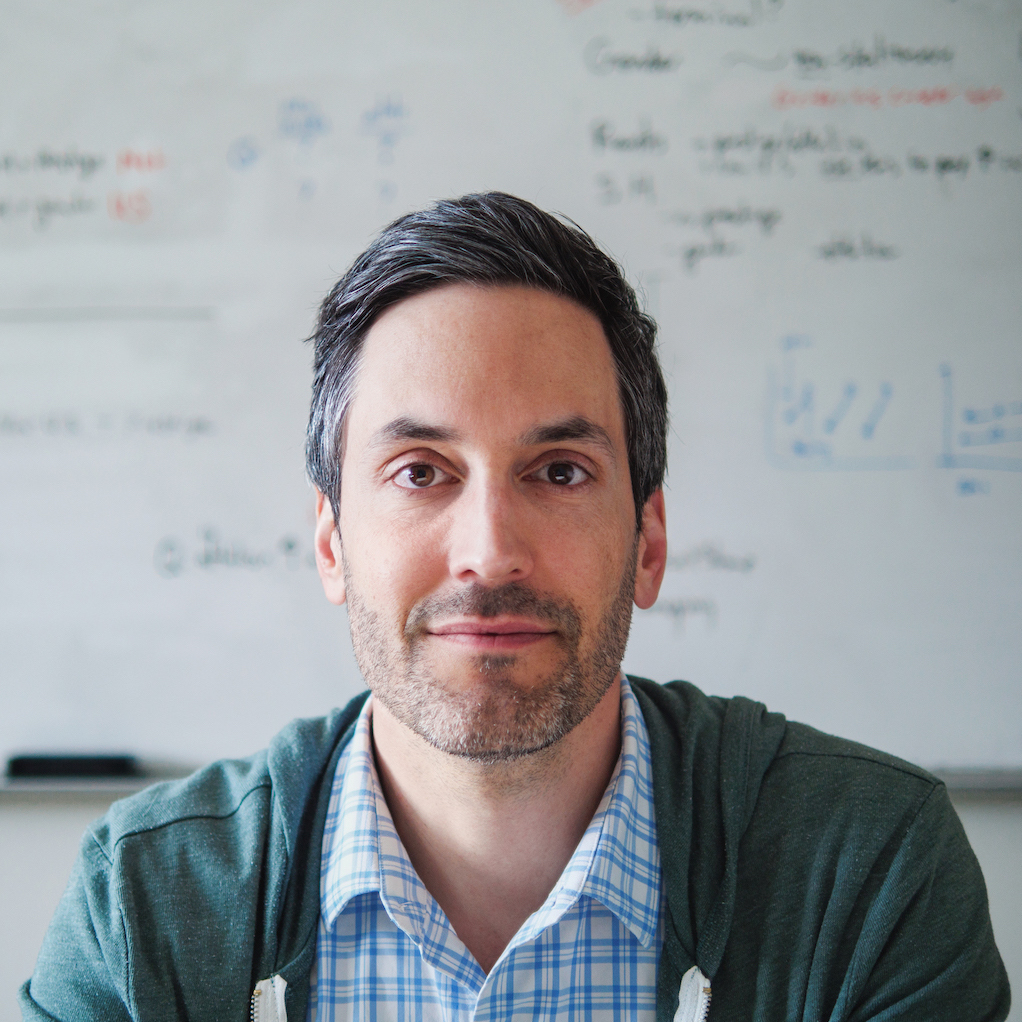
Daniel B. Larremore
- Associate Chair for Research, Dept. of Computer Science
- Associate Professor, Dept. of Computer Science
- Associate Professor, BioFrontiers Institute
- Affiliate Faculty, Dept. of Applied Mathematics
- External Faculty, Santa Fe Institute
- Co-Founder and Co-CEO, Cevian Labs
- CV // Google Scholar // Plaintext Bio
- BlueSky // GitHub // LinkedIn // daniel.larremore(at)colorado.edu
Bio
Dr. Daniel Larremore is the Associate Chair for Research and an Associate Professor in the Department of Computer Science and core faculty in the BioFrontiers Institute at the University of Colorado Boulder. He is also an affiliate of the Department of Applied Mathematics at the University of Colorado Boulder, is a member of the external faculty at the Santa Fe Institute, and is a co-Founder and co-CEO of Cevian Labs. His research develops mathematical methods using novel combinations of networks, dynamical systems, and statistical inference to solve problems in two main areas: infectious disease epidemiology and computational social science. Prior to joining the University of Colorado faculty, he was an Omidyar Fellow at the Santa Fe Institute 2015-2017 and a post-doctoral fellow at the Harvard T.H. Chan School of Public Health 2012-2015. He obtained his Ph.D. in Applied Mathematics from the University of Colorado Boulder in 2012, and holds an undergraduate degree in Chemical Engineering from Washington University in St. Louis. He is the recipient of the Erdős–Rényi Prize from the Network Science Society and the Alan T. Waterman Award from the National Science Foundation.
Research Interests
- Infectious disease dynamics - Infectious diseases affect society in many ways, and present challenges to modeling at multiple scales, both within hosts and between hosts. I create and use mathematical tools to understand these dynamics, with an eye toward levering our insights for better countermeasures.
- Networks and theory - The processes that generate complex networks leave hints about themselves in the patterns of edges, and the relationships between those patterns and vertex metadata. I work on mathematical descriptions of graph ensembles, inference of community structures, vertex ordering or ranking, and using metadata to better understand network formation.
- The scientific ecosystem - The scientific method of hypothesis, experiment, and conclusion poorly describes modern scientific discovery and productivity. Instead, science is done by people who play various social roles in the ecosystem of science. I investigate faculty hiring, productivity patterns, scientific careers, and the dynamics of discovery through large-scale data collection and modeling.